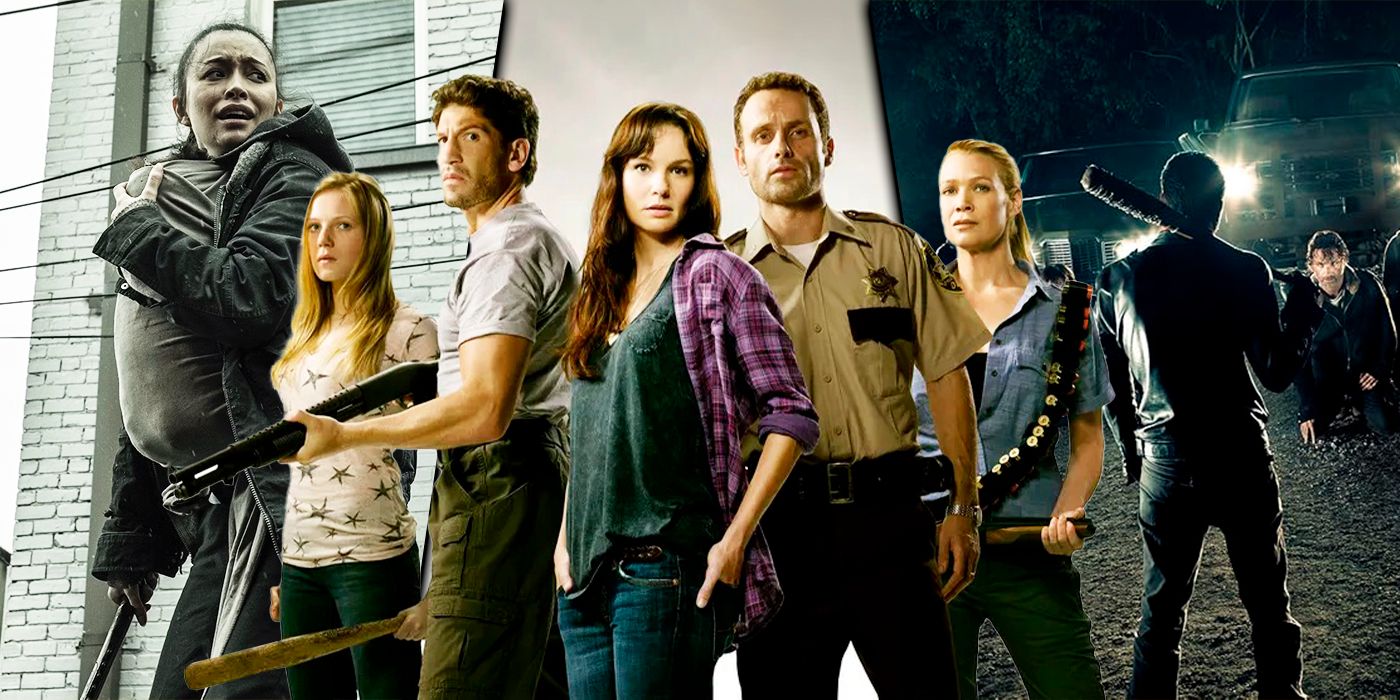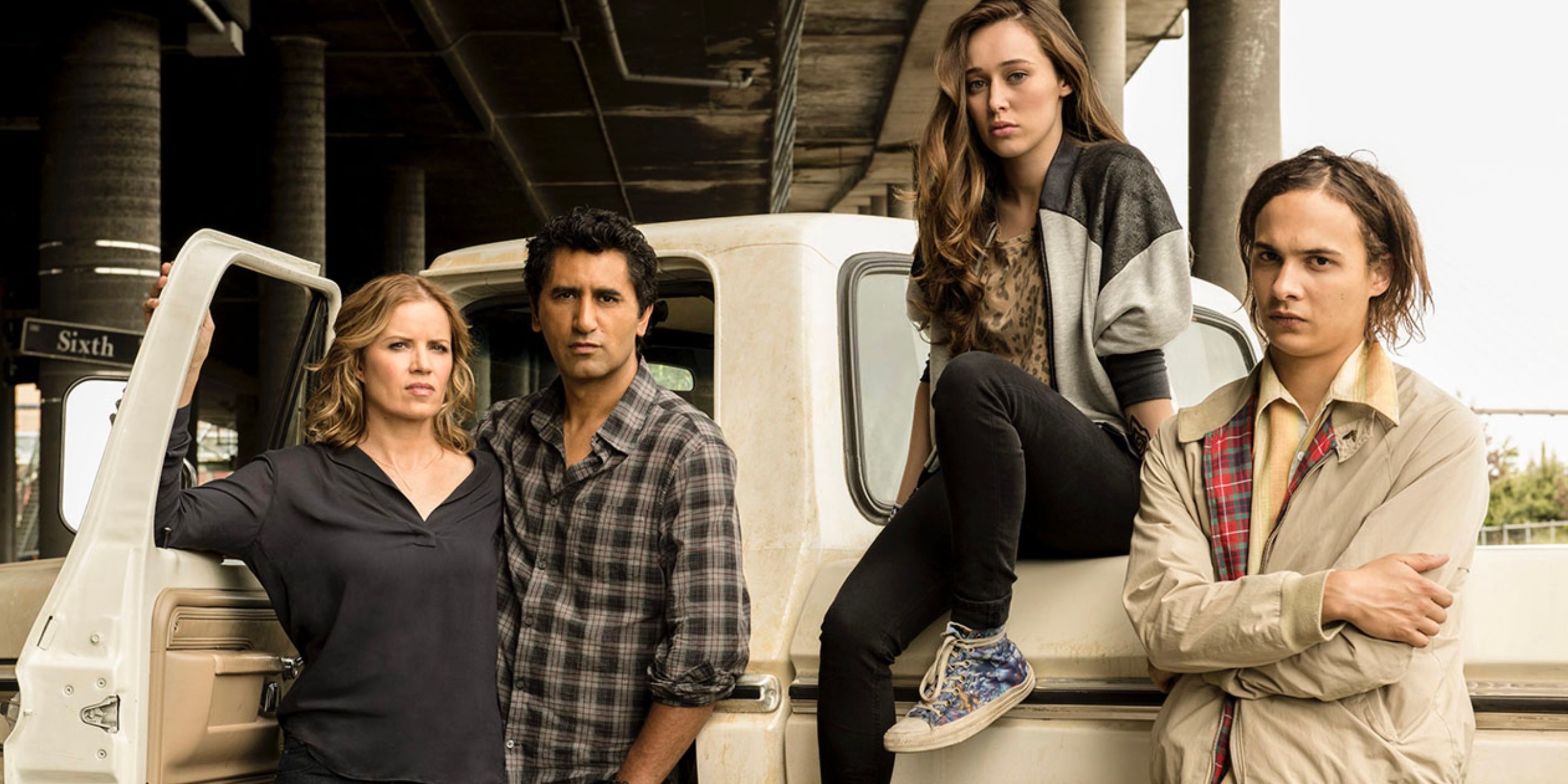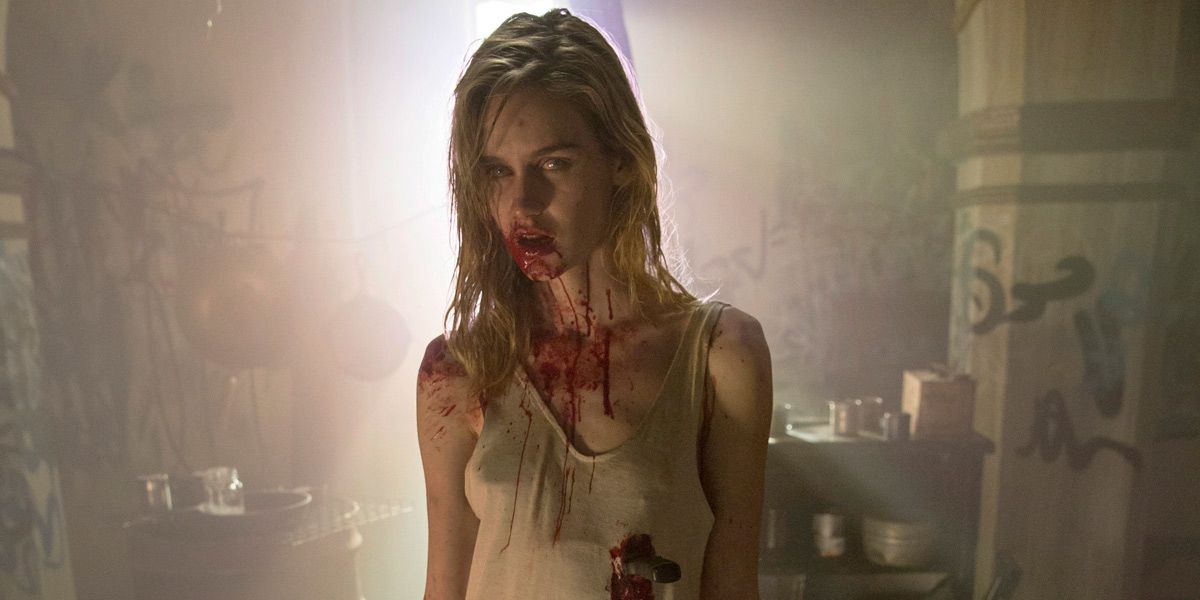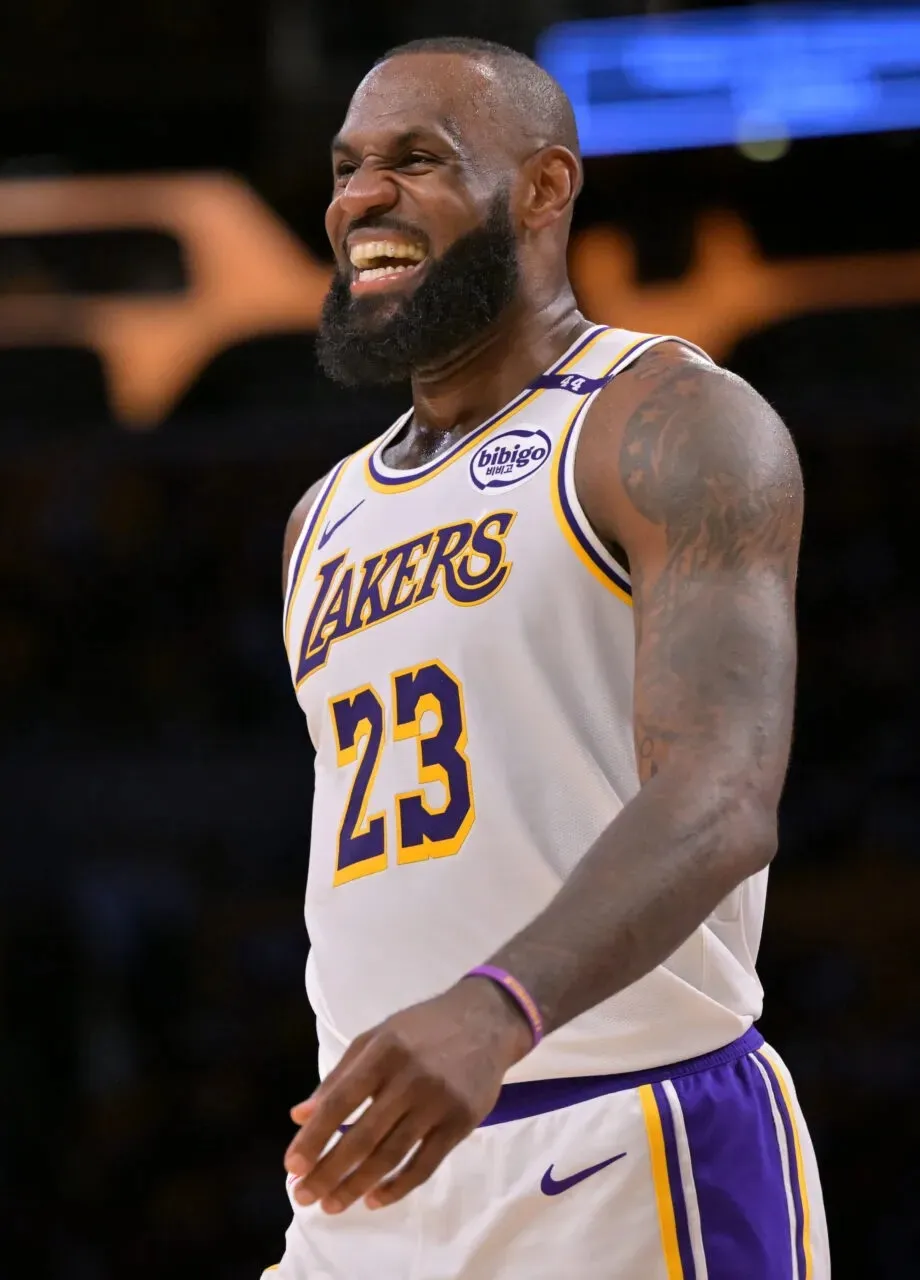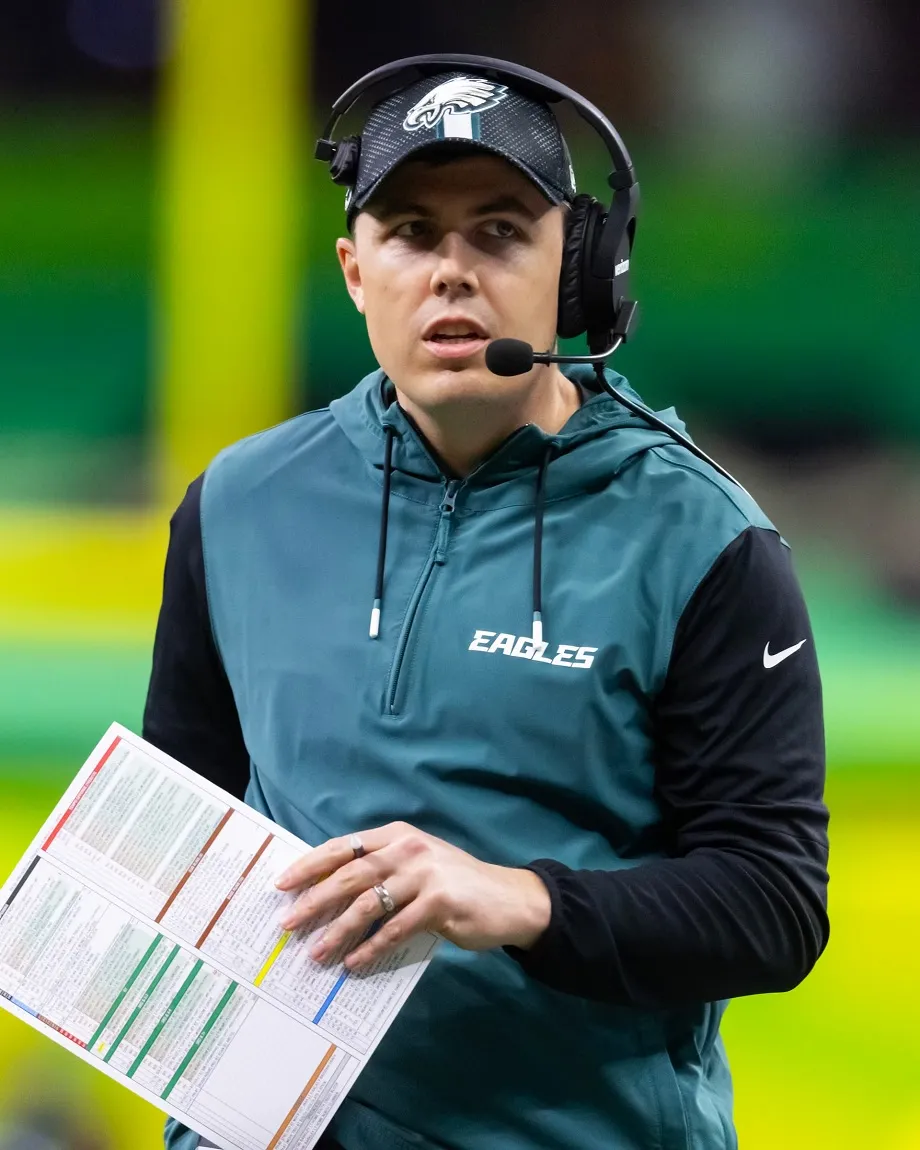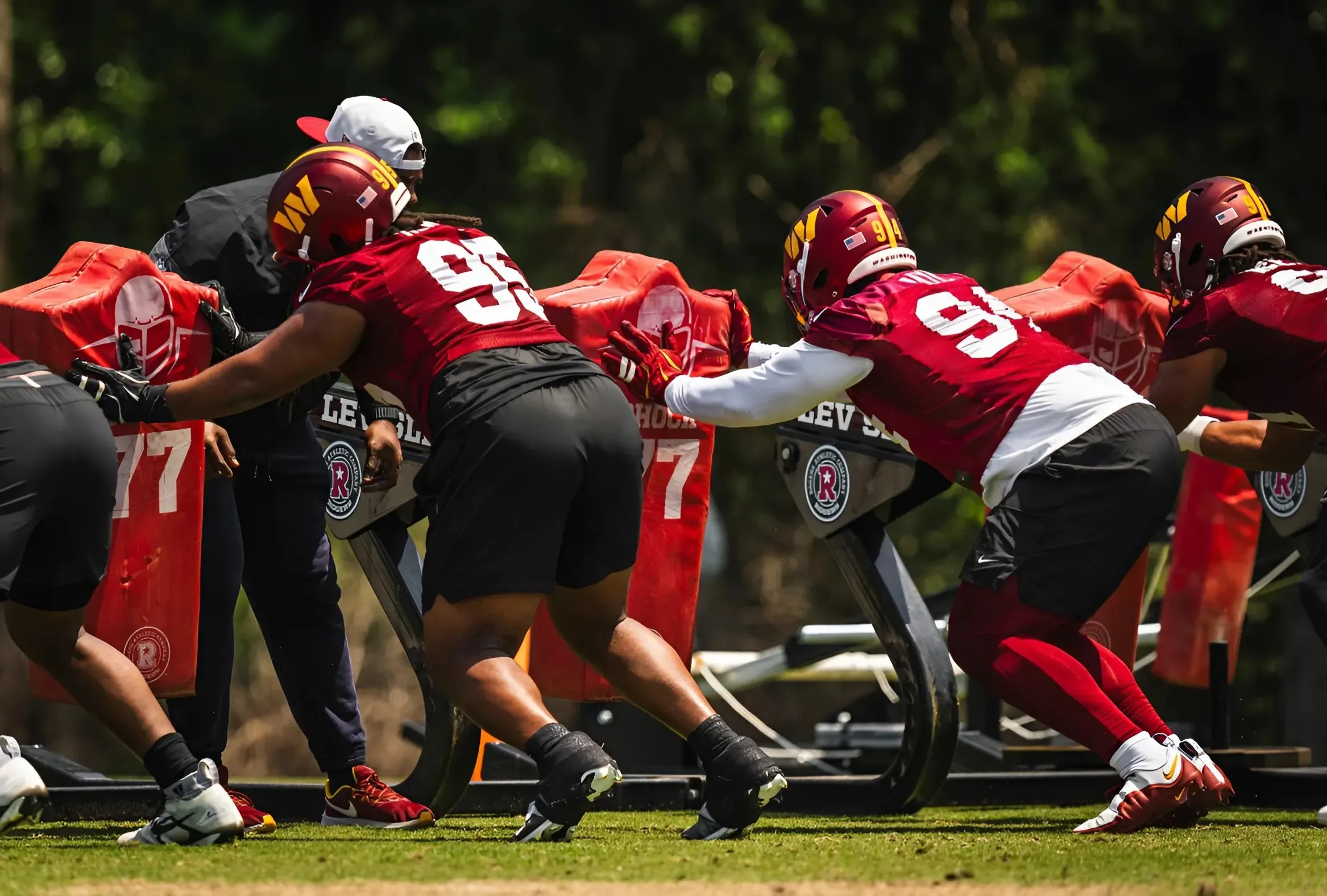Since Robert Kirkman's graphic novel series of the same name was adapted into a television show on AMC in 2010, there have been six Walking Dead spinoffs: Fear the Walking Dead, World Beyond, Tales of the Walking Dead, Dead City, Daryl Dixon and The Ones Who Live. The first attempt to branch off, Fear the Walking Dead, lasted for eight seasons until it was finally laid to rest in 2023. World Beyond lasted for two seasons and Tales for one; there appears to be no plan to revive the latter. Dead City is still going strong-ish, though news of Daryl Dixon's ending leaves Maggie and Negan's future in unsteady hands. The Ones Who Live was marketed as a limited series that was purely created to give Rick and Michonne proper closure. Despite all the signs pointing towards The Walking Dead heading towards the bright light, TWD boss Scott M. Gimple believes there are plenty more stories to tell for many more years. So what's next for The Walking Dead?
What Worked Before Isn’t Working Anymore for The Walking Dead
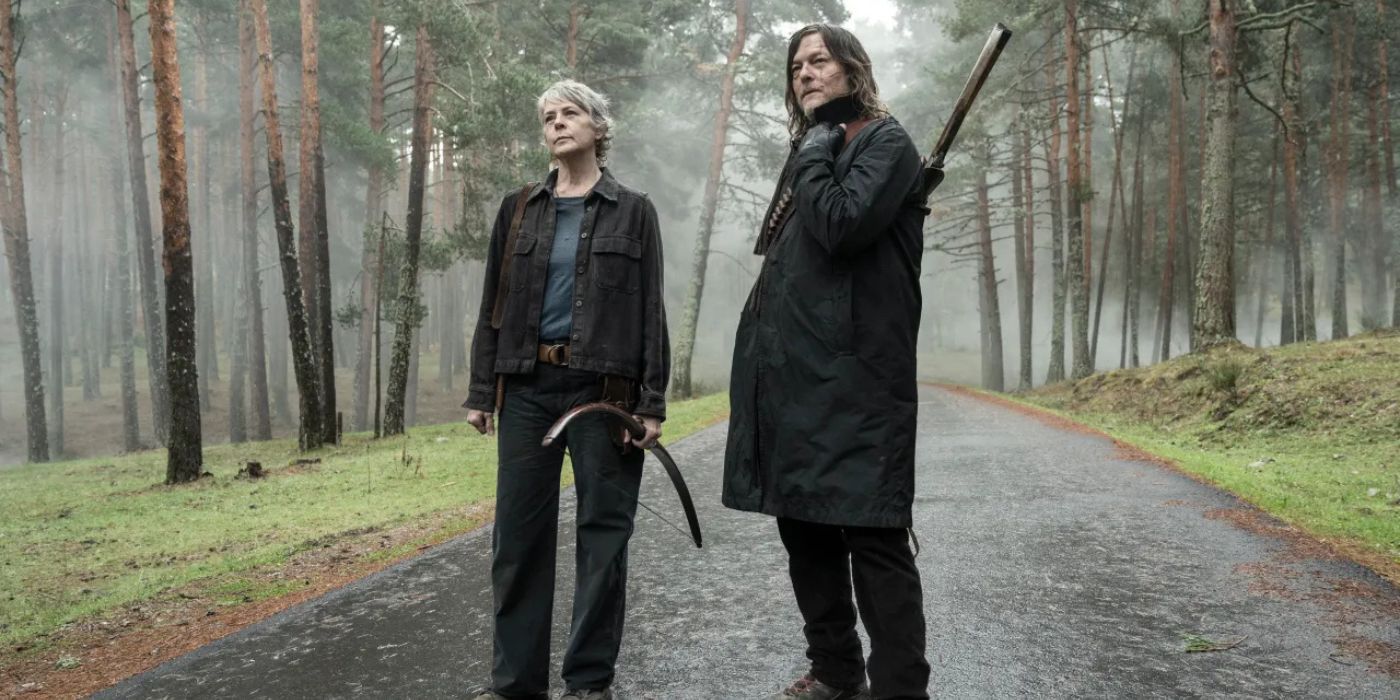
Viewership hit its peak with an average of 14.38 million viewers in Season 5 (released between 2014 and 2015). The most recent episode in the franchise, the Season 2 finale of Dead City, earned 0.376 million viewers on AMC. For comparison, Yellowstone raked in 11.4 million same-day viewers on Paramount Network and CMT for its series finale at the end of 2024. Dark Winds, another AMC series, brought in 0.736 million viewers for its Season 3 finale a few months ago.
Even if the industry's transition from cable to streaming is taken into account, The Walking Dead's numbers are still extremely low for a franchise that should still be considered of interest. What exactly is the problem then? One could point to the probability that no one cares about the characters leading these shows anymore: Daryl Dixon, Carol Peletier, Negan Smith and Maggie Smith. Although these were four of the most popular characters that made viewers consistently return to the original series, not much progress has been made for them in the spinoffs.
Storylines are no longer simple; characters or plot points that are considered "different" are silly and fanciful. The Walking Dead feels the need to write "big-bad" villains to raise the stakes, but they feel ill-fit for a grounded world where the only fantastical thing are the walkers that made society fall. Well-written supporting characters add depth to the stories by giving a fresh perspective on surviving in a decade-old apocalypse, but are too often written off or killed to preserve more screentime for the legacy characters. Not all the spinoffs are bad (the concepts are there, but the weak execution fails to live up to them), but they're suffocated by the pressure to help these legacy characters hang on by a thread.
The Walking Dead Is Ready for a New Set of Characters
The Walking Dead has already done this once with Fear the Walking Dead. In hindsight, it was the only right idea. Back in 2015, Fear premiered with no connection to the flagship series, following the Clark-Manawa family in Los Angeles in the early days of the outbreak. The moment the series slipped in quality was when the crossover business happened. Morgan Jones of the main series became not only a series regular, but the protagonist of Fear the Walking Dead in Season 4. Two other characters, Dwight and Sherry, soon followed in his footsteps.
Fear the Walking Dead's purpose was no longer to show different outlooks on the way people cope with unbearable circumstances in the time Rick Grimes was in a coma. It became the "watch what happens for the next big hint" show. All that said, those first three seasons got people hooked, slowly but surely. The same could happen with a new Walking Dead spinoff that strictly lets history be history. Theoretically, The Walking Dead isn't running out of juice soon.
A Hypothetical Walking Dead Spinoff Should Go Back to the Beginning of the Apocalypse
The Walking Dead is one of the few cases of apocalyptic stories that tends to suffer the further it gets into its apocalypse. Maybe this is a testament to the story getting older and less original, or maybe it's a simple matter of the fact that The Walking Dead thrives on simplicity. It works best when the conflicts are about the moral implications of murder or the tension slowly building over plain disagreements about the next place of shelter. The Walking Dead did the impossible by making the mundane interesting, all by showing how poorly humans cope when their lives are turned upside down.
